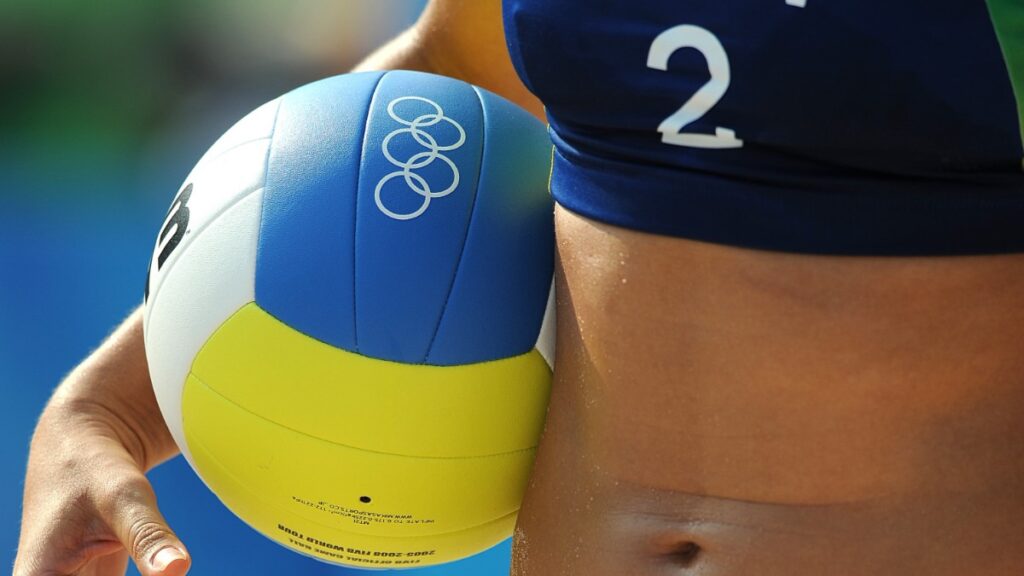Tony Marshall/Getty Image
The realm of social media influencers has witnessed the rise of a new kind of star – AI-driven influencers.
Among them, Vicki Verano has emerged as a sensation after promoting a colorful bikini on social media.
Verano, claiming to hail from the famed Jersey Shore, burst onto the social media scene in March on Twitter.
In a mere span of months, she has managed to amass an astonishing following of over 58,000 eager fans, all lured in by her lifelike appearance and engaging content.
What truly beguiles viewers is the degree of realism she embodies, which has led many to mistake her for a genuine human influencer.
It was only after various reports began to circulate that people realized they had been interacting with an artificial intelligence.
Verano’s videos and images were so convincingly crafted that even the most discerning users were taken aback when confronted with the truth.
This startling revelation has triggered discussions about the boundary between reality and virtuality, further blurring the lines in an already digitally-driven world.
Critics argue that Vicki Verano’s immense popularity underscores the power of AI to manipulate perceptions and influence public opinion.
Her curated content, including revealing bikini photos and captivating videos, has garnered a legion of followers who might inadvertently be falling for her meticulously coded allure.
This newfound form of persuasion has led experts to reflect on the potential consequences of AI-generated content on individual psychology and societal trends.

